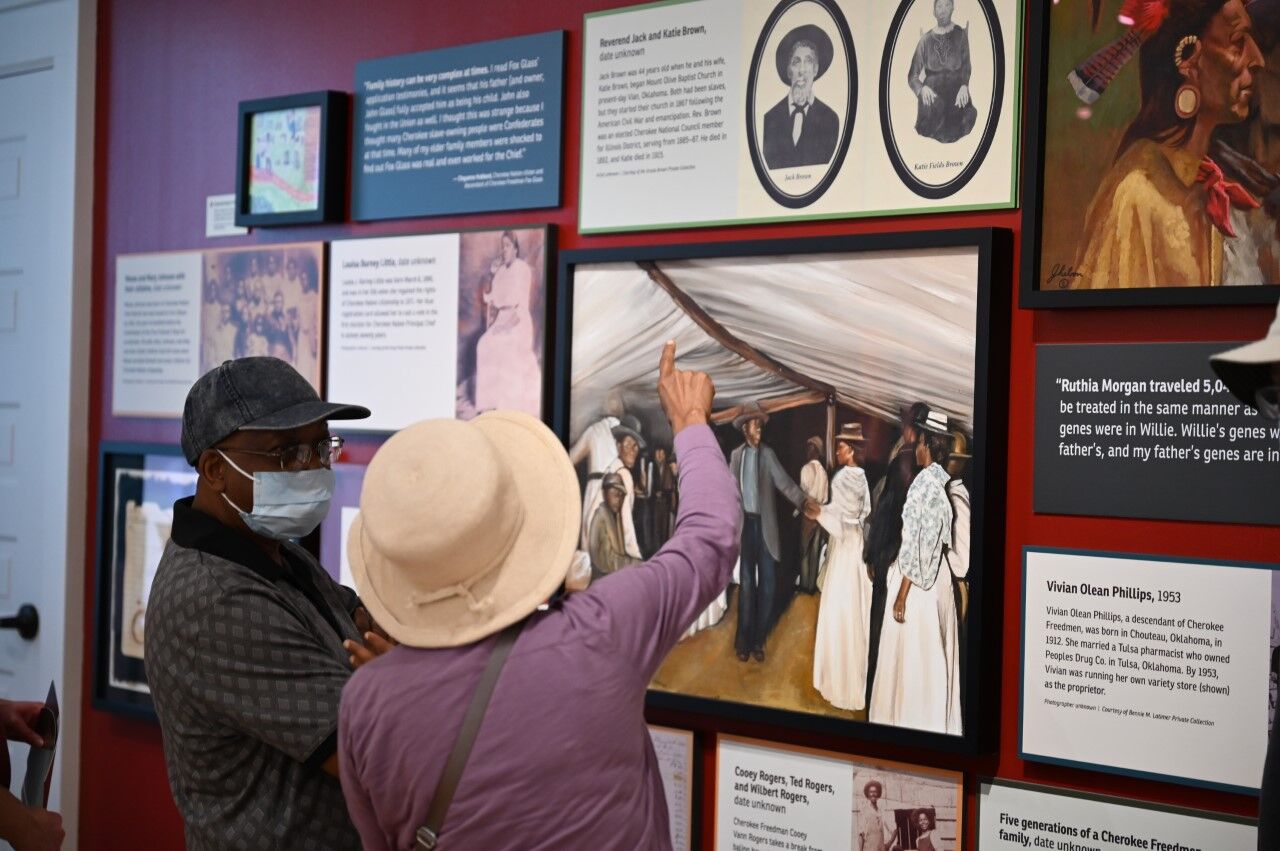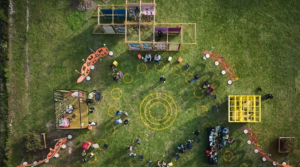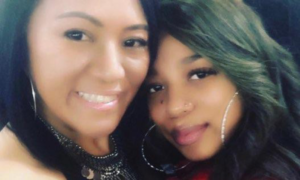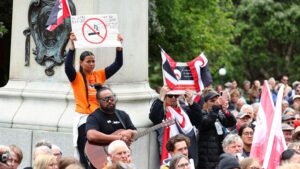TULSA, Okla. (KTUL) — On the 70th annual cherokee Nation Holiday, Cherokee Nation continued to honor its commitment to reconciliation for Cherokee Freedmen and their descendants.
A special reception was held following the tribe’s State of the Nation address to commemorate the new exhibit at the Cherokee National History Museum.
“Cherokee history is full of rich moments, full of great triumphs, full of Cherokee people acting collectively to overcome tragedy, work through trauma, and build a great nation. But we have to tell the whole of the story,” said Cherokee Nation Principal Chief Chuck Hoskin Jr. “We have to recognize that there were times that we imposed trauma on others; we have to acknowledge that we enslaved African-Americans under our own law. If we ignore or suppress that, we do to Freedmen and their descendants the same things that have been done to Cherokee people. Our story has been suppressed; our story has been denied. Any nation is a stronger nation if they tell their whole story: the tragedy, the triumph, and the chapters that are dark and difficult.”
“We Are Cherokee: Cherokee Freedmen and the Right to Citizenship” features the stories, histories, images, and documents of Cherokee freedmen alongside nine original artworks by Cherokee Nation artists.
Presented as part of the Cherokee Freedmen Art abd History Project and established in November 2020, the exhibit seeks to broaden Cherokee Nation’s understanding of the Cherokee Freedmen experience through the Freedmen perspective.
That perspective is shared from the earliest participation known of chattel slavery in the 18th century on through various historical milestones in the decades that followed.
This included the adoption of plantation-style slavery among Cherokees, Indian Removal to the West, and the American Civil War.
It also shares how the Treaty of 1866 granted freed slaves in Cherokee Nation all the rights of Native Cherokee.
The exhibit also discusses the steps taken by the tribe to strip Freedmen and their descendants of tribal citizenship.
It examines the 2017 U.S. District Court ruling that upheld the Treaty of 1866 and reaffirmed Cherokee freedmen as citizens of Cherokee Nation.
The reception featured virtual remarks from Chief Hoskin, who was unable to attend in person because he was isolating following a positive COVID-19 test.
Hoskin has championed the tribe’s efforts for reconciliation alongside other event speakers like Deputy Chief Bryan Warner, Freedmen advocate Marilyn Vann, and Freedmen community advisor Melissa Payne.
“To me, as I always knew I belonged, being a Cherokee citizen makes me proud,” said Payne. “I can smile and say I am Cherokee, and my mother worked extremely hard for the rights of herself, her children, her family and all of us. And so I must say, I’m thankful. I’m thankful that we’ve moved forward, and I’m proud to say I am Cherokee.”
Cherokee Nation says they will continue to work with the public and its community advisors to further advance the Cherokee Freedmen Art and History Project through extended content, special programs, and events that will elevate the Freedmen voice within the Cherokee story.
“Today we celebrate more progress in Cherokee Nation’s path towards reconciliation, towards equality,” said Chief Hoskin. “The Freedmen exhibit at the Cherokee National History Museum is so powerful. It is a gateway for understanding some difficult truths about Cherokee history that we all must face. This exhibit helps bring healing to our nation and makes us stronger, but it is just the first step.”
The Cherokee National History Museum is located at 101 South Muskogee Avenue and is open Tuesday through Saturday from 10 a.m. to 4 p.m.




